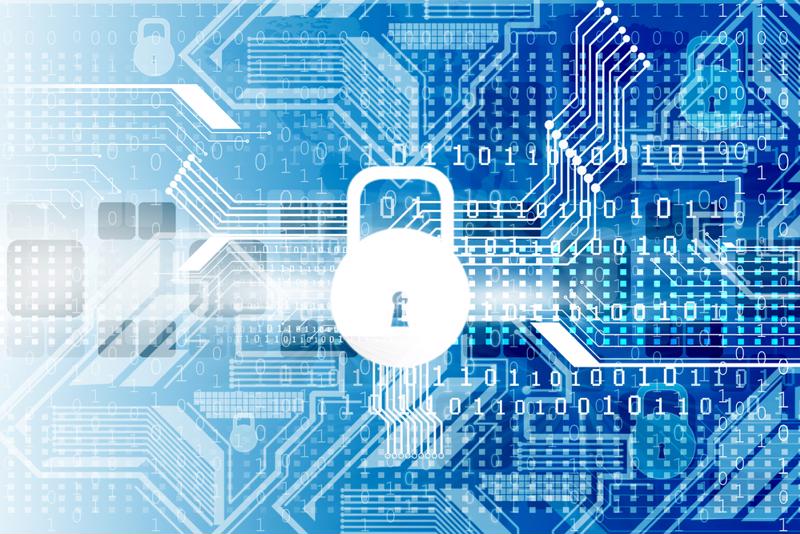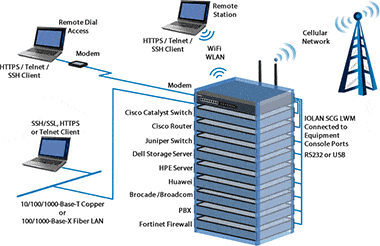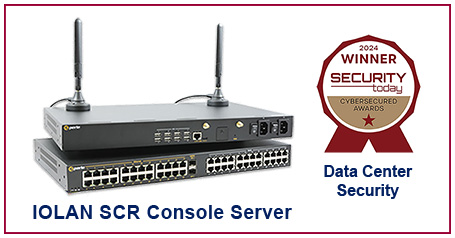
5 tips for educating your employees about cybersecurity
By Max BurkhalterJuly 26, 2021
It doesn't matter if your employees work from home, an office, or if they access company information remotely using their own device — the threat to your company infrastructure is growing. And whether your employees realize it, they form the first line of defense against cyberattacks.
They aren't prepared. TechRepublic notes that as many as 1 in 3 employees is likely to fall victim to a phishing scam.
Maybe they don't think it's their responsibility to defend against cyberattacks. Maybe they absentmindedly click on a link or they get busy and put off running that update until later. Whatever the reason, your employees are the weak link in your cybersecurity chain. According to the National Law Review, the cost of cyberattacks in 2020 alone exceeded $4.1 billion, spread across nearly 800,000 attacks.
Here are five easy ways to educate your employees about cybersecurity.
1. Make cybersecurity easy to understand
Too often, communication about cybersecurity utilizes jargon that employees simply don't understand. When reaching out to employees about cybersecurity, relate to the way people engage with technology in their everyday lives. Give an example of how one person caused a data breach by clicking an email link, then help employees learn to identify clues in email addresses, subject lines or email layouts that will keep them from making the same mistakes. This way, employees learn clear, actionable ways to defend against cyberattacks like phishing and ransomware.
2. Monitor device management
Even if your employees are conscientious about installing security patches and system updates, it's still a good idea to install a device management system. They may not understand the risks of using various networks like the public Wi-Fi at the coffee shop. They might think they're doing everything right but simply don't understand that their device acts as a gateway to their company's network. A device management system monitors the health of the device and pushes updates through when needed. They can even track devices in the event one is lost or stolen, serving as one more defense against the dangers of a cyberattack.

3. Report suspicious activity
Employees often don't report strange activity for fear of looking foolish or being scolded. They may think the IT department has taken control of their mouse or added new apps or programs to their device. Perhaps they blame slow speed on a network outage or don't think that a strange popup is worth reporting. But encouraging them to identify and report common security threats is critical to building a security mindset throughout your company. It's better to have a few false alarms than to miss a cyberattack or hack.
4. Support security protocols
Whether working from home or using a personal device on the network, it's important for employees to understand why they should not only create strong passwords, but why they should use unique passwords for different accounts and programs. Help them understand, with concrete and relatable examples, how a security breach can lead to the release of personal data, company financials, and other confidential information. No one wants to be the reason for a breach of this nature.
5. Pay special attention to remote employees
Remote employees access their company networks using a variety of networks. While VPNs provide an invaluable layer of security between these outside networks and company data, they also require robust security like multi-factor authentication. Employees may resist using a VPN for work because of these security protocols, so it's important to educate them about the need for a VPN in order to reduce workarounds.
Educating employees about their role in preventing cyberattacks or hacks isn't always easy. It's important to devise a robust communication strategy that can cut through the clutter of busy days and overflowing email inboxes. But by keeping communication simple, relatable, and easy to understand, you can ensure that employees have the tools they need to defend against cyberattacks. Perle can help you with network security, supporting your employee education efforts. Read our customer success stories today.



